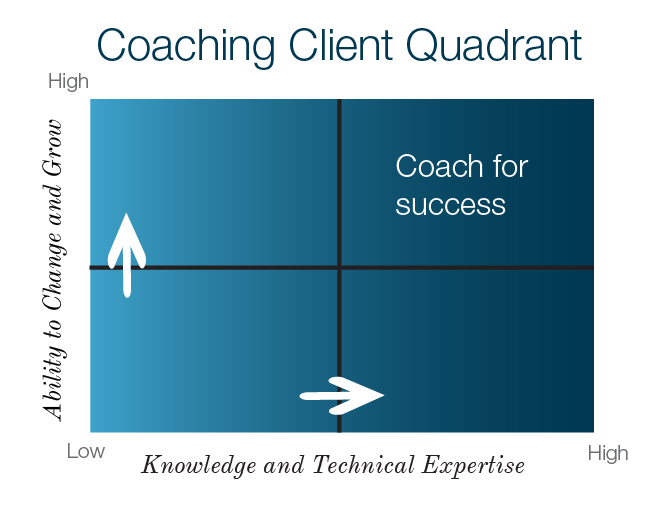Now more than ever, managers are called upon to demonstrate superior communication skills and leadership ability, while navigating a variety of regulations and laws in how they deal with other employees. Conducting performance evaluations, conflict resolution, and resolving issues before they rise to that level, are not skills that come naturally to every manager. This is where executive coaching can help. As the International Coaching Federation (ICF) put it,
“Professional coaching brings many wonderful benefits: fresh perspectives on personal challenges, enhanced decision-making skills, greater interpersonal effectiveness, and increased confidence. And, the list does not end there. Those who undertake coaching also can expect appreciable improvement in productivity, satisfaction with life and work, and the attainment of relevant goals.”
What is professional coaching?
ICF defines coaching as partnering with clients in a thought-provoking and creative process that inspires them to maximize their personal and professional potential, which is particularly important in today’s uncertain and complex environment. Coaches honor the client as the expert in his or her life and work and believe every client is creative, resourceful and whole. Standing on this foundation, the coach’s responsibility is to:
- Discover, clarify, and align with what the client wants to achieve
- Encourage client self-discovery
- Elicit client-generated solutions and strategies
- Hold the client responsible and accountable
This process helps clients dramatically improve their outlook on work and life, while improving their leadership skills and unlocking their potential.
Coaching helps you set and reach goals, deal with problems, and make decisions.
What can a coach do for you?
Skill building, performance, and career development are three areas a coach can work with you on improving. This Harvard Business Review report explains more of what executive coaching does, and does not, do.
Top five areas of improvement with executive coaching
- People Management: 90%*
- Relationships with Other Managers: 79%*
- Goal Setting and Prioritization: 88%*
- Productivity and Engagement: 78%*
- Communications: 68%


